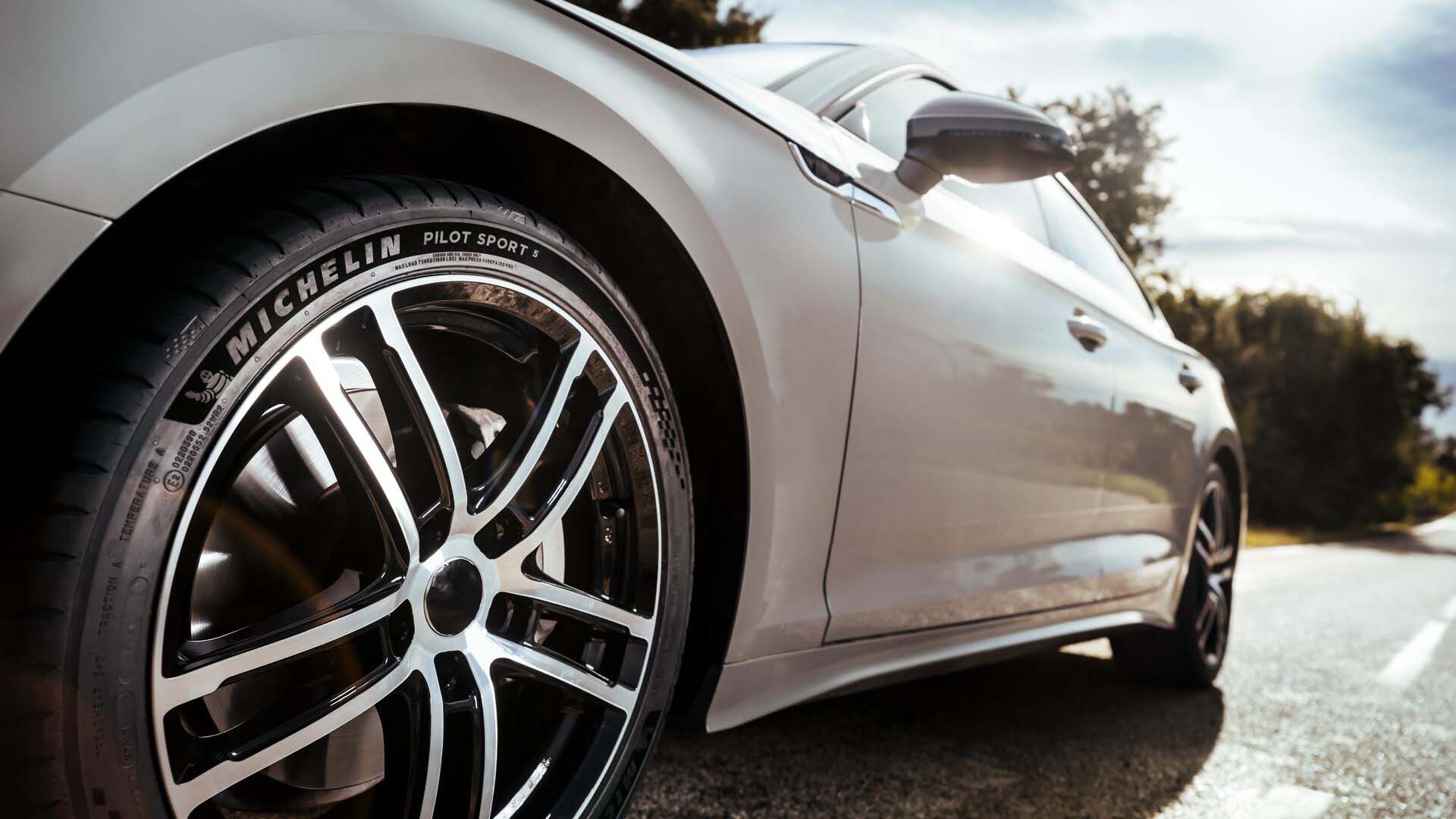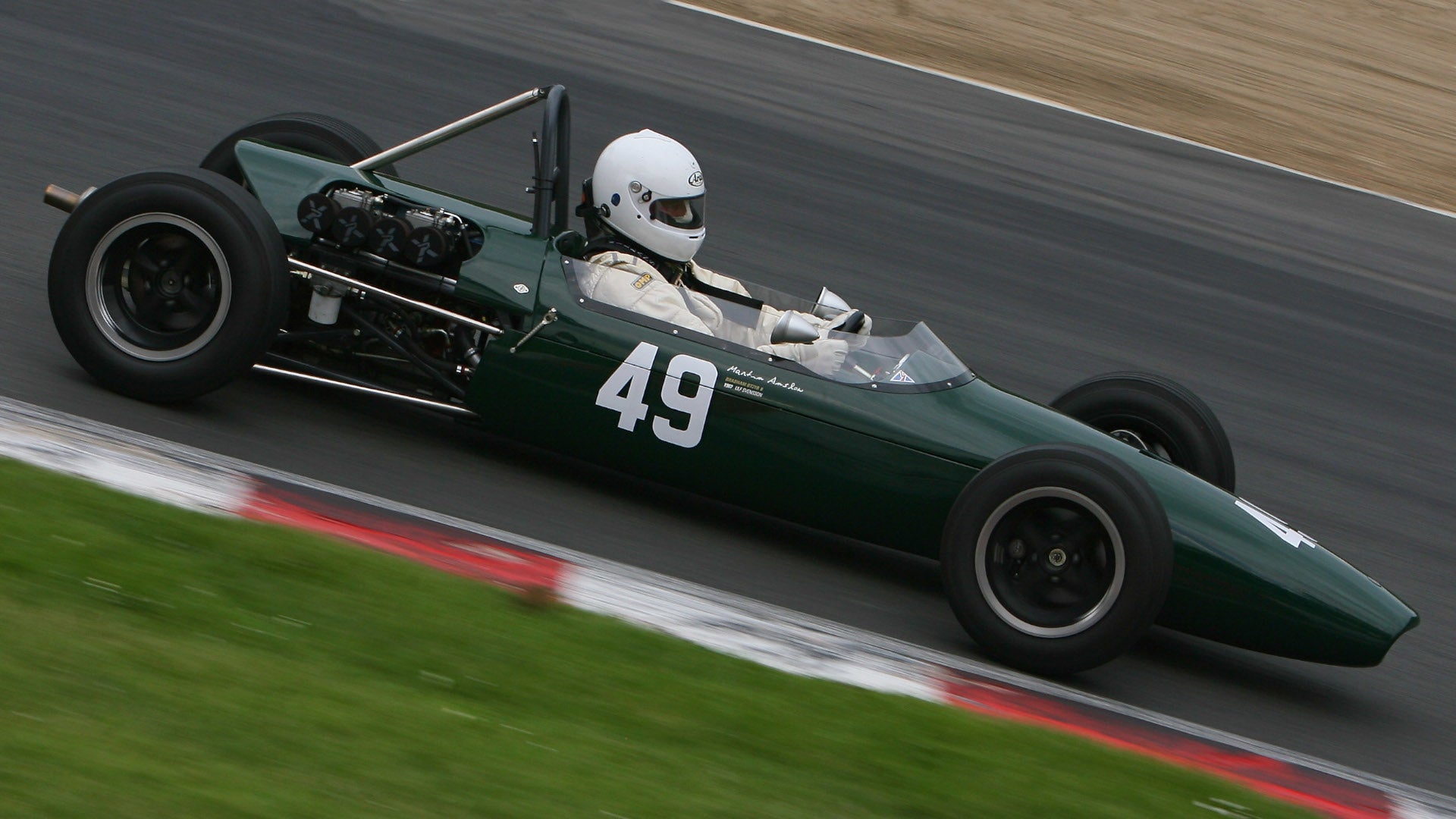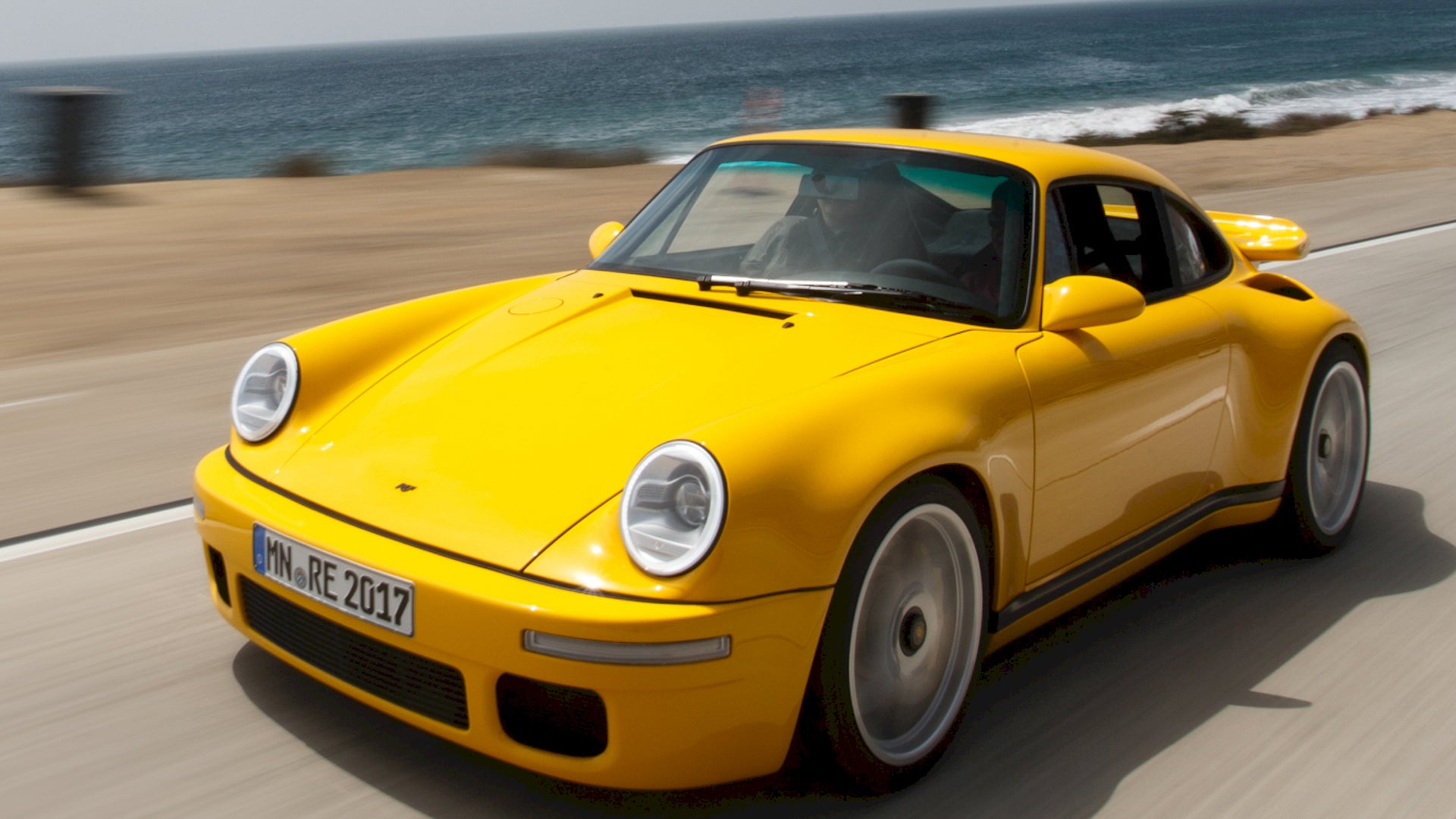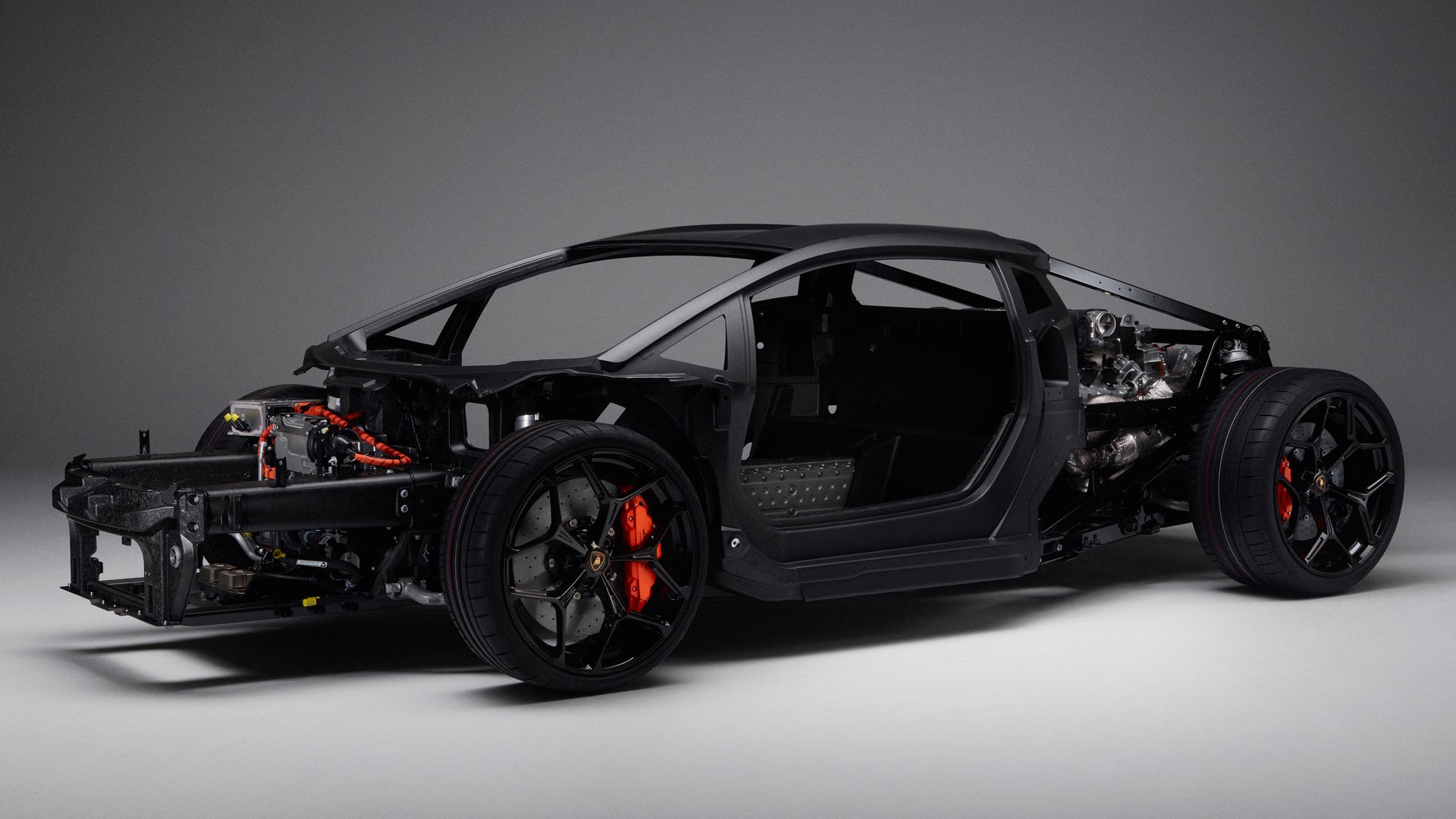Among the best tires in the world, Michelin stands among the greatest. From soccer mom mobiles to bleeding-edge motorsport machines, the traction wizardry of the French brand reaches far and wide. And the company’s become a prime choice for dedicated enthusiasts, a staple for premium car manufacturers, and a deluxe choice for consumers who just want to do better for their commuters. Gearheads clamor at online retailers for a set of what many argue to be the best brand in the business, but what is truly the best Michelin for your vehicle?
Allow us folks at The Drive to help you decide on the optimum Michelin tire for your car, SUV, or truck. This buying guide will lay down some wisdom with facts and details you need to make the right choice.
As ideal as it is, we can’t always get our hands on every item on sale. Getting a hold of numerous sets of tires to test in a variety of conditions with a fleet of cars is undoubtedly less feasible, at least for a small team of writers. What we can do, however, is provide facts and product details through scrutinous online research and reviewing pages of customer feedback, particularly what was available to us from tire research and retail site, Tire Rack. Their product descriptions detailing the features of each tire sitting alongside pages of customer input plus instrumented comparison tests greatly helped us streamline the path towards information overload.
Tires with the most reviews and test miles were clear indicators for where to dig up knowledge; tires with scarce feedback were eliminated. Popular choices that only come in a narrow range of sizes were considered but would be penalized unless they were purposefully tailored for specific types of vehicles.
I’ve personally had experience with a few different Michelins. I even own a set for my car. That being said, it’s only fair that I ignore whatever experiences I’ve had and solely rely on feedback from experts and consumers, especially when comparing tires I’ve never used with tires that I have.
Our top pick for the best Michelin is the masterful Pilot Sport 4S, lauded for pairing relentless grip with everyday practicality. If you’re willing to sacrifice some Gs for more real-world usefulness, the Pilot Sport All Season 4 is a stellar compromise. These choices prove that there’s nothing wrong with a jack of all trades, especially if it can be a master at some. If you have suggestions for the best Michelin to buy, let us know in the comments!
Like any other tire brand, it all comes down to what you want. Do you prefer something with an array of hidden talents or do you want something more focused on a specific purpose? Is your car a track day special? Michelin makes the Pilot Sport Cup 2. How about a winter runabout? They have the X-Ice and Pilot Alpin lines. Also note that road conditions, wheel alignment, and driving style all play a hand in performance and tread life, so be aware of such variables.
As the name would suggest, these tires are optimized for grip, precision, and overall performance in warm conditions. With most of the current-generation tires on sale, summer tires have no quarrel with being commuted on and can be relatively quiet and capable in the wet. Hybrid rubber compounds may be used to favor wet performance without sacrificing dry handling, and shoulders specifically tuned for lateral grip work in conjunction with center tread blocks tuned to better cope with rain.
Be aware that hyper-focused examples such as the wannabe-race-slick Pilot Sport Cup 2 are specially developed with the track in mind. The trade-offs are poor tread life from their extremely soft compounds and even worse wet weather traction due to their minimal tread. Additionally, no summer tire should be exposed to extreme cold as the rubber can possibly harden and crack prematurely.
All-season can be interpreted as a broad term referring to tires that can be daily driven on nearly any vehicle in a variety of conditions. They can be fuel-sipping economy tires or performance all-seasons. Tread patterns may come in a plethora of designs and rubber formulas for specific purposes, but they will usually have a high degree of channels and sipes for evacuating moisture to maintain a contact patch.
Note that all-seasons are not to be confused with dedicated winter tires. Most would harden in the cold or be unable to properly grab at the snow. Some offerings, however, such as the CrossClimate lineup can manage mild to moderate snow better than others. Hence, their three-peak snowflake rating denotes their talents.
You’ve probably read, “not a true winter tire,” a lot by now. As much as people love to stretch the limits and squeeze every penny’s worth of traction out of them, nothing excels in such weather quite like dedicated winter tires. It’s literally in the name, after all. Winter rubber will usually have among the softest compounds with a high silica content to maintain flexibility in extreme cold.
Winter tires sport an extremely aggressive tread pattern, even more so than the CrossClimate range; they’re often riddled in channels and sipes for evacuating moisture and providing an abrasive edge to grab at the ice. Just as it’s discouraged to drive in the winter on summer tires, the same flip-flop applies to winter tires. The already-soft compound could get even softer resulting in premature wear and undesirable driving dynamics.
Something like the ordinary Defender T+H can run as high as $220 per 18-inch tire. Smaller sizes seem to range between $120 to $180. LTX A/T 2 tires can run truck folks between $260 and $400 per tire. Premium all-seasons such as the CrossClimate SUV can run between $185 to over $280 depending on size. High-performance rubber such as the Pilot Sport 4S, which comes in an eye-opening assortment of sizes, can vary greatly from $210 for a 17-inch tire to over $570 for a 23-inch tire. Most modern sports car sizes will run somewhere in the $400 range.
You’ve got questions. The Drive has answers!
A. The purpose of a tire dictates its construction and rubber formula. Stiff tires geared towards long life, touring, or economy will generally result in less frictional drag on the car and therefore better efficiency. Conversely, soft compounds for racing or handling cold temperatures create more frictional drag, reducing efficiency.
A. In addition to Tire Rack, Michelin can also be ordered through other retail giants including Walmart and Amazon.
A. Michelin has had stiff competition from other premium brands seeking to topple the French giant. Other high-end tire companies to consider include Pirelli, Bridgestone, Continental, and the new-to-America brand, Vredestein.









